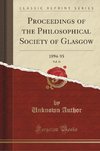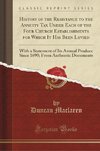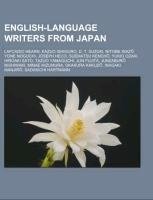
-
 Anglický jazyk
Anglický jazyk
English-language writers from Japan
Source: Wikipedia. Pages: 24. Chapters: Lafcadio Hearn, Kazuo Ishiguro, D. T. Suzuki, Nitobe Inazo, Yone Noguchi, Joseph Heco, Suematsu Kencho, Yukio Ozaki, Hiroaki Sato, Tazuo Yamaguchi, Jun Fujita, Junzaburo Nishiwaki, Minae Mizumura, Okakura Kakuzo, Inagaki... Viac o knihe
Na objednávku
12.69 €
bežná cena: 14.10 €
O knihe
Source: Wikipedia. Pages: 24. Chapters: Lafcadio Hearn, Kazuo Ishiguro, D. T. Suzuki, Nitobe Inazo, Yone Noguchi, Joseph Heco, Suematsu Kencho, Yukio Ozaki, Hiroaki Sato, Tazuo Yamaguchi, Jun Fujita, Junzaburo Nishiwaki, Minae Mizumura, Okakura Kakuzo, Inagaki Manjiro, Sadakichi Hartmann, Kenneth Yasuda, Kiyoshi Kawakami, Etsu Inagaki Sugimoto, Makoto Ueda, Katsue Kitasono. Excerpt: Daisetsu Teitaro Suzuki (¿¿ ¿¿ ¿¿¿ Suzuki Daisetsu Teitaro, October 18, 1870 - July 12, 1966) was a Japanese author of books and essays on Buddhism, Zen and Shin that were instrumental in spreading interest in both Zen and Shin (and Far Eastern philosophy in general) to the West. Suzuki was also a prolific translator of Chinese, Japanese, and Sanskrit literature. Suzuki spent several lengthy stretches teaching or lecturing at Western universities, and devoted many years to a professorship at Otani University, a Japanese Buddhist school. D. T. Suzuki was born Teitaro Suzuki in Honda-machi, Kanazawa, Ishikawa Prefecture, the fourth son of physician Ryojun Suzuki. (The Buddhist name Daisetsu, meaning "Great Humility" (The kanji of which can also mean "Greatly Clumsy"), was given to him by his Zen master Soen Shaku.) Although his birthplace no longer exists, a humble monument marks its location (a tree with a rock at its base). The Samurai class into which Suzuki was born declined with the fall of feudalism, which forced Suzuki's mother, a Jodo Shinshu Buddhist, to raise him in impoverished circumstances after his father died. When he became old enough to reflect on his fate in being born into this situation, he began to look for answers in various forms of religion. His naturally sharp and philosophical intellect found difficulty in accepting some of the cosmologies to which he was exposed. Suzuki studied at Tokyo University and simultaneously took up Zen practice at Engakuji in Kamakura studying with Soen Shaku. Under Soen Shaku, Suzuki's studies were essentially internal and non-verbal, including long periods of sitting meditation (zazen). The task involved what Suzuki described as four years of mental, physical, moral, and intellectual struggle. During training periods at Engaku-ji, Suzuki lived a monk's life. He described this life and his own experience at Kamakura in his book The Training of the Zen Buddhist Monk. Suzuki was invited by Soen Shaku to visit the Uni
- Vydavateľstvo: Books LLC, Reference Series
- Rok vydania: 2011
- Formát: Paperback
- Rozmer: 246 x 189 mm
- Jazyk: Anglický jazyk
- ISBN: 9781155700106
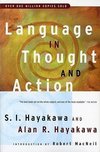
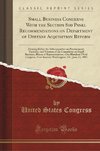


 Nemecký jazyk
Nemecký jazyk 



